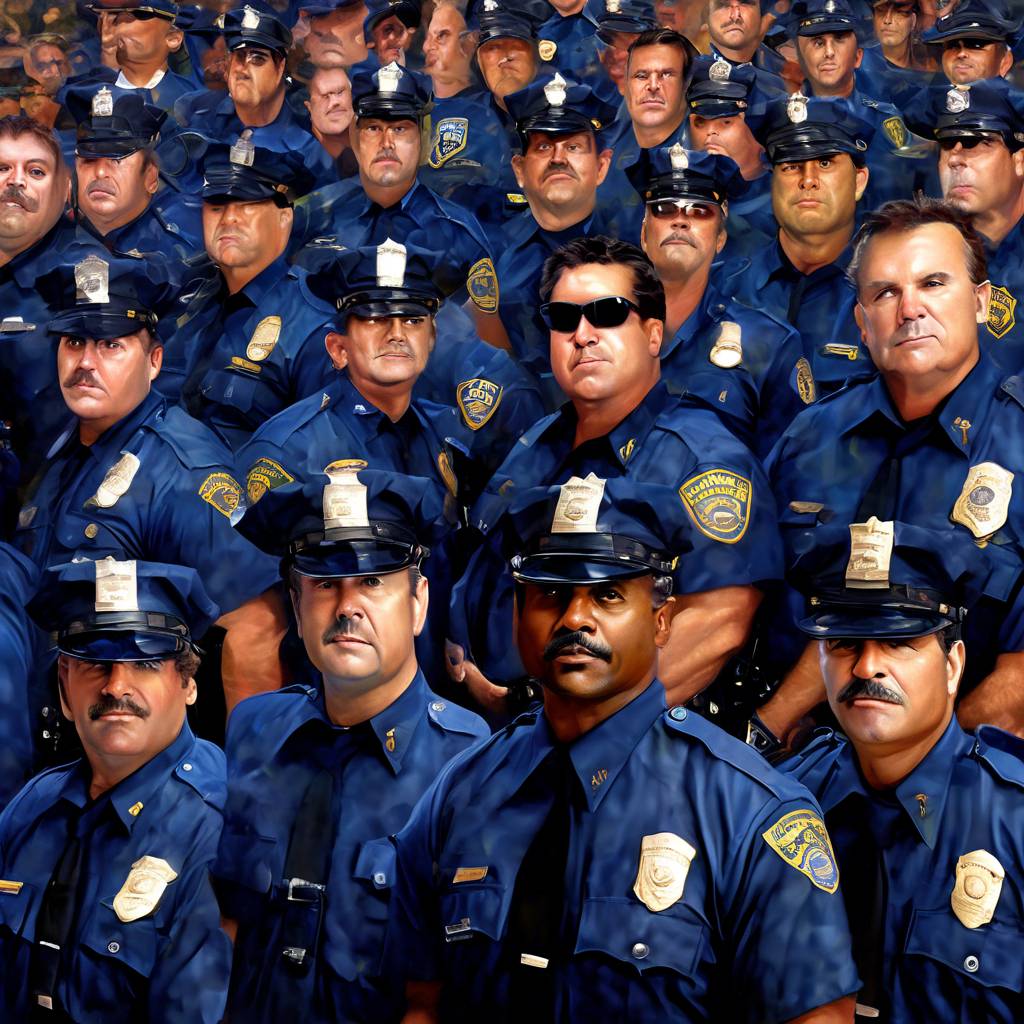Several California police unions have expressed their disagreement with a recent WalletHub study that ranked the state as the best place to be a police officer. Critics of the study pointed to issues such as low morale among officers due to law enforcement staffing problems and what they see as soft-on-crime policies. While the study focused on factors like compensation, training, and job protection, it did not directly survey officers or deputies, leading to skepticism regarding its findings. Factors like low staffing levels, mandatory overtime, and high cost of living were cited as significant challenges facing law enforcement in California.
The unions have conducted their own surveys among members, with results showing that nearly 85% would not recommend becoming a law enforcement officer in California. Examples were provided, such as expensive housing prices forcing officers in San Francisco to live further outside the city, increasing travel costs and commute times. Criticism was also directed towards California’s criminal justice system, which some argue allows violent offenders to be released without bail and enables criminals to act with impunity. The impact of these policies was highlighted with specific examples, such as repeat offenders committing violent crimes despite being released on multiple warrants.
Rank-and-file officers expressed frustration with what they see as a “revolving door” criminal justice system in California, questioning the value and purpose of their work. Staffing shortages were identified as a major issue, with one department reporting a 34% decrease in sworn law enforcement officers. This shortage leads to the necessity of forced overtime for existing officers, impacting their personal lives and time with their families. The study conducted by WalletHub, which ranked California as the best state for law enforcement, also highlighted Illinois, Connecticut, and Washington D.C. as top locations for officers, while Alaska was ranked last.
The WalletHub analyst defended the study, stating that it was conducted with attention to detail and used a wide range of metrics to provide a comprehensive view of factors influencing law enforcement careers. While acknowledging the concerns raised by union leaders regarding staffing levels, housing costs, and work-life balance, the analyst emphasized that the analysis was primarily data-driven. It relied on publicly available data sources and expert analysis to evaluate metrics such as law enforcement officers per capita, median income growth, training requirements, and job hazards. However, the analyst acknowledged that officer wellness, organizational culture, and work-life balance are critical considerations for law enforcement professionals that may not have been fully captured in the study.
In conclusion, the disagreements between California police unions and the WalletHub study highlight the complexities and challenges facing law enforcement in the state. While the study focused on certain factors like compensation and job hazards, the unions emphasized the impact of staffing shortages, high cost of living, and frustrations with the criminal justice system. The differing perspectives illustrate the need for a more holistic approach to evaluating the experiences of law enforcement officers in California, taking into account not just quantitative data but also qualitative aspects such as officer well-being and work-life balance. Addressing these issues will be crucial in creating a supportive and effective environment for law enforcement professionals in the state.









